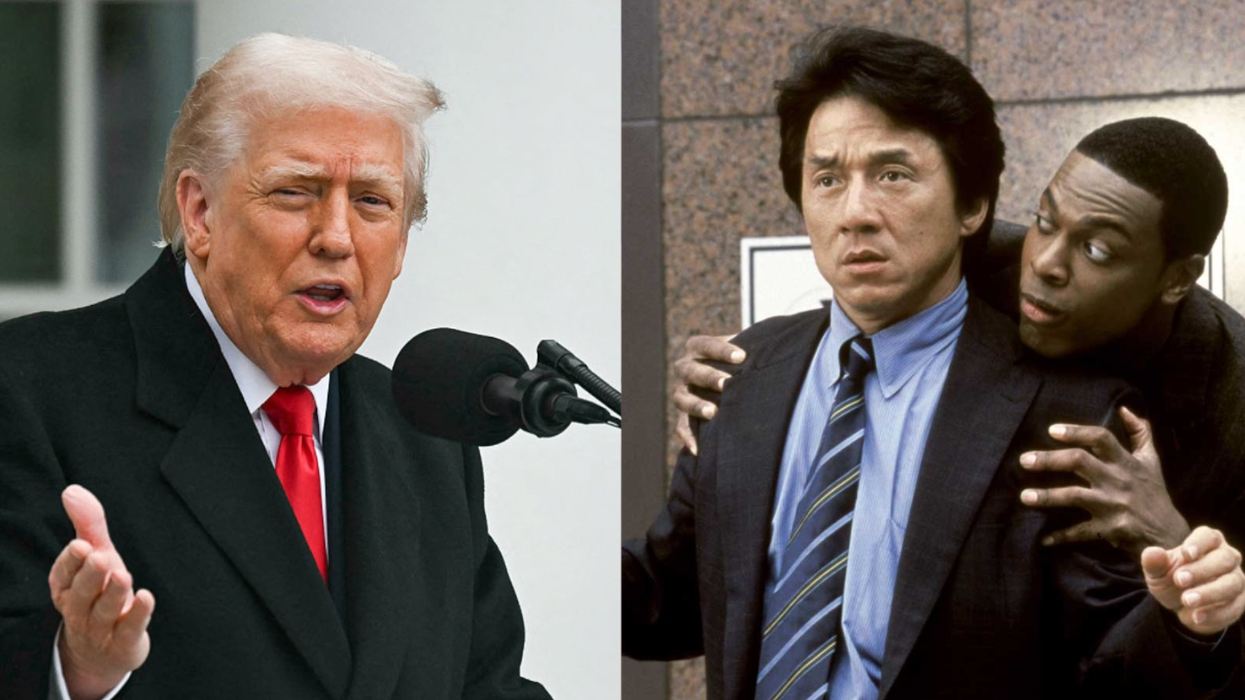Jeffrey Toobin, a staff writer for The New Yorker and CNN's Senior Legal Analyst, weighed in on Justice Anthony Kennedy's sudden announcement that he will retire from the Supreme Court, and his prediction is dire.
While Toobin is far from the only analyst to posit that Kennedy's retirement places Roe v. Wade at risk, he was far more specific: He predicts abortion will be illegal in almost half of the country within 18 months.
Responses to Toobin's tweet were rife with alarm with some likening the death knell of abortion rights to the rise of a society as depicted in Margaret Atwood's The Handmaid's Tale, in which women are forced to bear children against their will. Others pointed out that banning abortion would not necessarily get rid of abortion––it would only make the procedure less safe, as history has shown us. Still others railed against Kennedy for not waiting to announce his retirement until after November's midterm elections.
The tweet garnered the attention of the pro-life contingent, too, with some applauding Kennedy's announcement, viewing it as an opportunity for President Donald Trump to codify his legislative agenda.
Some, like the Twitter user below, accused Toobin's more progressive followers of overreacting.
Toobin elaborated further during an appearance on CNN's "The Lead with Jake Tapper," where he was joined by other legal analysts with some observations of their own.
"Any Supreme Court nomination is important, but this one is the most important because it will change the partisan makeup of the court," he told Jake Tapper. "Anthony Kennedy... was mostly with the conservatives, while on a couple of key issues, most notably abortion rights, he was the vote that was keeping Roe v. Wade the law of the land. That is done. Roe v. Wade is going to be overturned. There is no doubt that the people advising President Bush-uh, President Trump, in making this nomination is to pick someone who will vote to overturn Roe v. Wade."
The states, Toobin continued, "know this":
They will start passing right now bills banning abortion altogether, and I guarantee you in the next year, the Supreme Court will have cases that will challenge Roe v. Wade, and I think it is doomed. Abortion will be illegal in a significant chunk of this country within 18 months.
Tapper then turned to analyst Laura Coates for her perspective, asking her if Democrats even have a course of action given the seriousness of Kennedy's announcement.
"Well, that's partly true in terms about the Congressional level," she replied, "but remember: All politics is local."
She added: "So if the states are asked to decide this issue, local voting is very important to decide who is going to be in office to do that. But I do agree it's going to change the ideological and the partisan viewpoint of the Supreme Court, but there's still a lot of steps that have to go in order to get a case before the Supreme Court and to overturn 40-year-old precedent."
She provided this scenario:
Now it may be they will do death by a thousand cuts and they'll narrow it and continue to constrain the rights and move the date at which the viability of the fetus may be considered enough for the states to say 'We can do something about this,' but I think it's more likely they'll try to narrow it and constrain as opposed to simply overturn it entirely. That would actually be quite, quite monumental and it could happen, but I think the more likely scenario is the narrowing and constraint of it and the states could prevent that ultimately by the right to run cases and the right to legislation on a state level.
Tapper then turned to analyst Angela Rye with another question: "Is it possible, Angela, that the two Republican senators who I believe support abortion rights at least to a degree, Senator Susan Collins of Maine and Senator Lisa Murkowski of Alaska, is that where there's going to be a lot of focus on Supreme Court battles coming up?"
"You know, it's hard for me to think about Roe v. Wade and that overturning just given the fact that Anthony Kennedy sided with the conservative portion of the bench on the last four decisions just coming out," Rye replied. "Whether we're talking about the wedding cake issue with the gay couple, we're talking about more voter suppression, based policy through Texas, if we're talking about today's Janus v. AFSCME case with labor union protections... the Muslim ban, as some of us are calling it as that's kind of more appropriate."
On Kennedy, she had this to say:
I think my issue is he has not been a voice of reason this term, and does that mean we're going to get a voice of reason now? Probably not. So on that hand, yes, it applies a lot of pressure to Senators Murkowski and Collins. I really think... the pressure is on the legal community. There are organizations like the National Bar Association, the Hispanic National Bar Association, that have been pretty quiet on the judicial nominations front for the last year. It's time for them to step up. Some of us have to renew and pay our dues, but I think that's an important role that they're going to have to play.
Tapper then turned the attention to political commentator Amanda Carpenter.
"They've got a big victory for Senator Mitch McConnell who has been obviously a stalwart in trying to get as many conservatives as possible. Republicans are pretty happy today," he said.
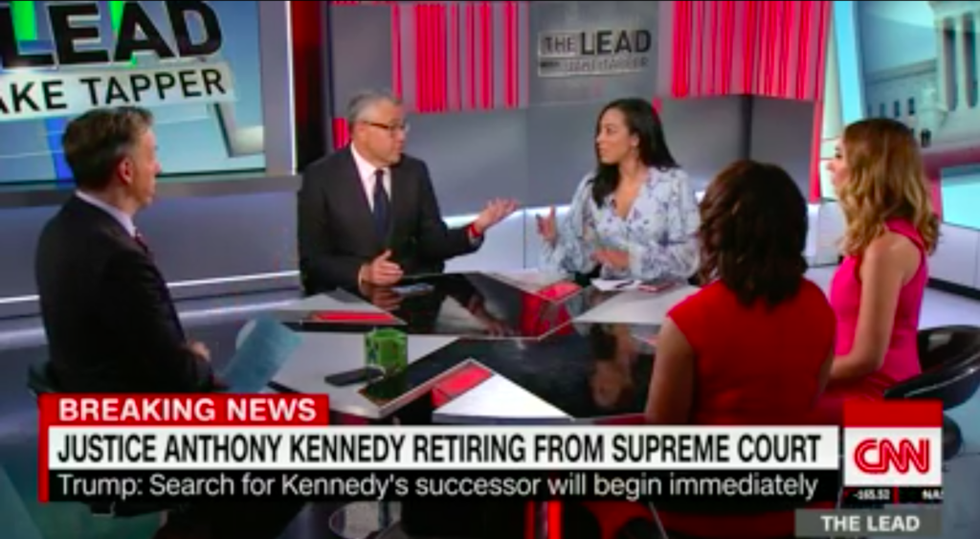
"Yeah, I think you can hear Republicans singing 'O, happy day!' from Capitol Hill," Carpenter replied. "A lot of people worry that Donald Trump didn't have enough wins going into the midterm elections, but you're talking about two Supreme Court appointments within 18 months––and the tax bill. That's enough to campaign on, and I took care to note that Mitch McConnell said that this will be confirmed in the fall; that gives a lot of Republicans the go to their constituents and say, 'Hey, I am part of the Trump agenda,' even people who are not willing to do so on other issues."
Republicans will "fall in line on judges," Carpenter predicted, observing:
People in West Virginia can go to [Senator] Joe Manchin: 'What are you going to do?' And so you talk about pressure? I think the pressure is going to be on red-state Democrats and this helps Republicans in the Senate.
"I think that's a very important point here," Toobin interjected. "You talk about Susan Collins and Lisa Murkowski––what about Heidi Heitkamp in North Dakota, Joe Donnelly in Indiana, Joe Manchin in West Virginia? ... How do they vote on this nomination when they are trying to walk the line, you know, being good Democrats but being open to Trump's judicial nominees?"
The odds, Toobin says, are in the president's favor:
I think the president's in very good shape. I think he has a very free hand in nominating the most conservative person he can and I think that's who he will.
Toobin's response prompted Tapper to wonder how the news of Kennedy's impending retirement could motivate progressive voters. He cited a press release from Tony Perkins of the Family Research Council (an organization which is categorized as a hate group by the Southern Poverty Law Center) which quotes Perkins saying that the possibility of having another conservative justice on the bench could be a boon for evangelical Trump voters to vote in droves.
"Is it going to get Democrats out?" Tapper asked the panel.
"I think it sure better, it sure better," said Rye. "By that we're dealing with what some are calling an identity crisis, others are calling a struggle for power, like what will the face of the Democratic Party ultimately look like. If folks can't galvanize and understand that regardless of how progressive you are you can't be conservative enough for whomever he's going to appoint, this should at least be a galvanizing and unifying point that we have to work together."



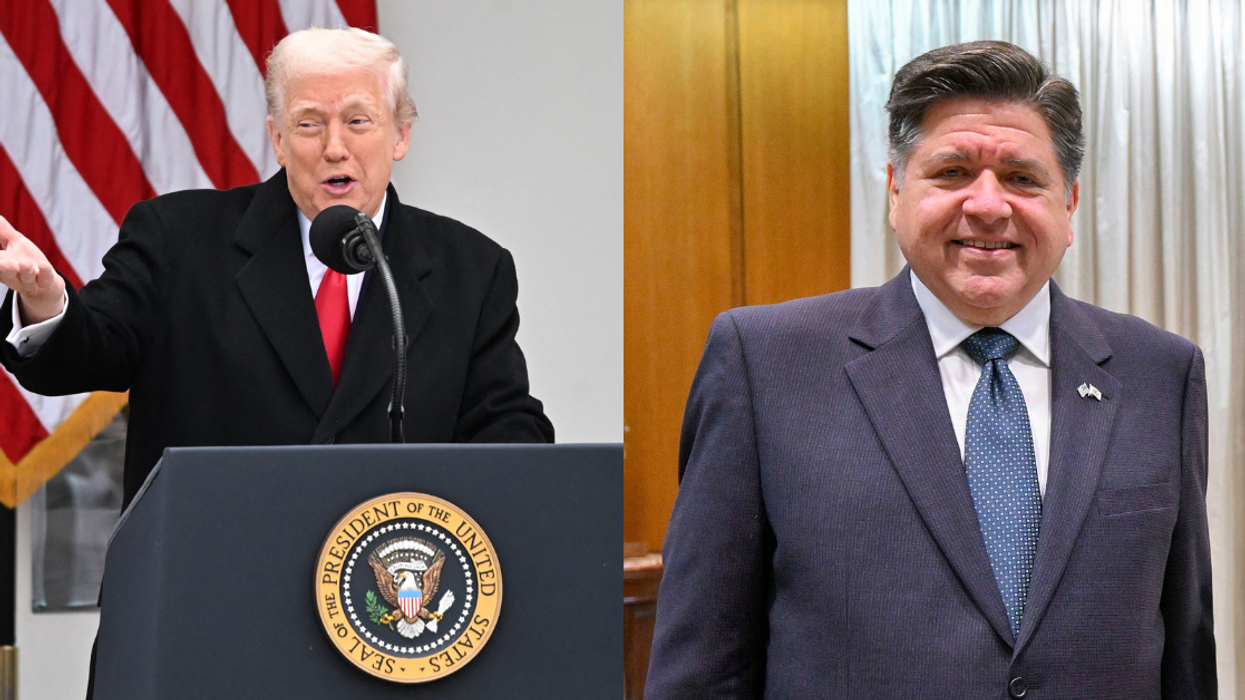






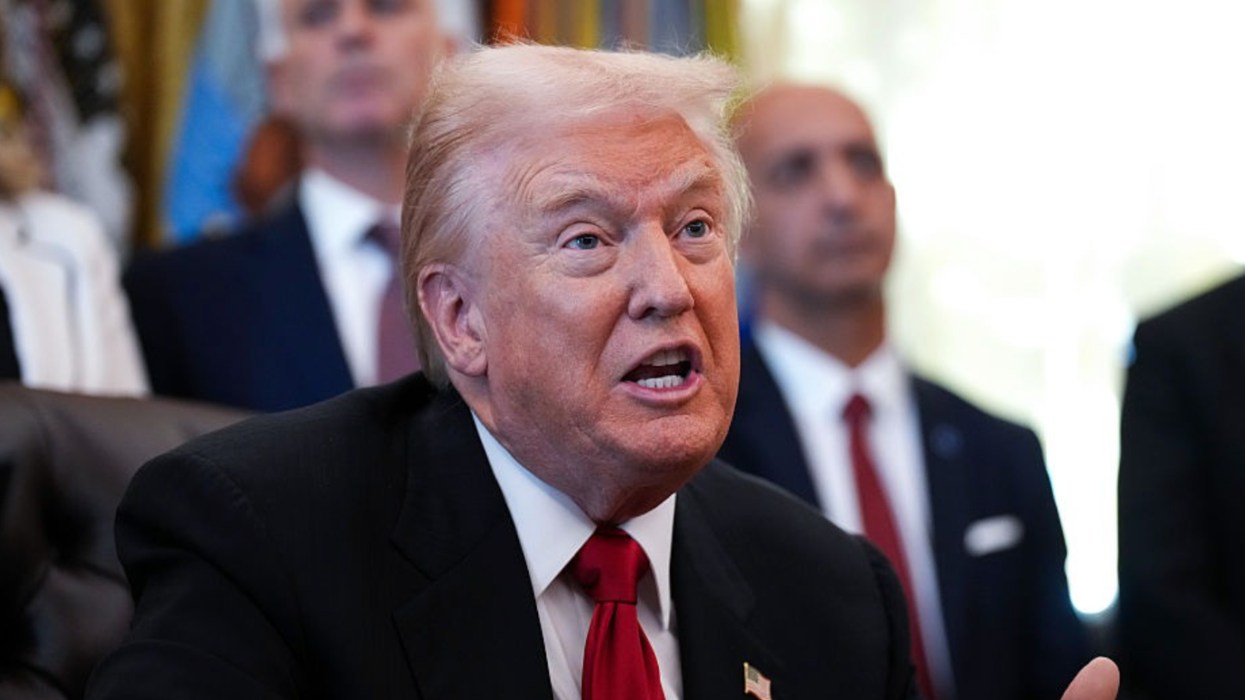


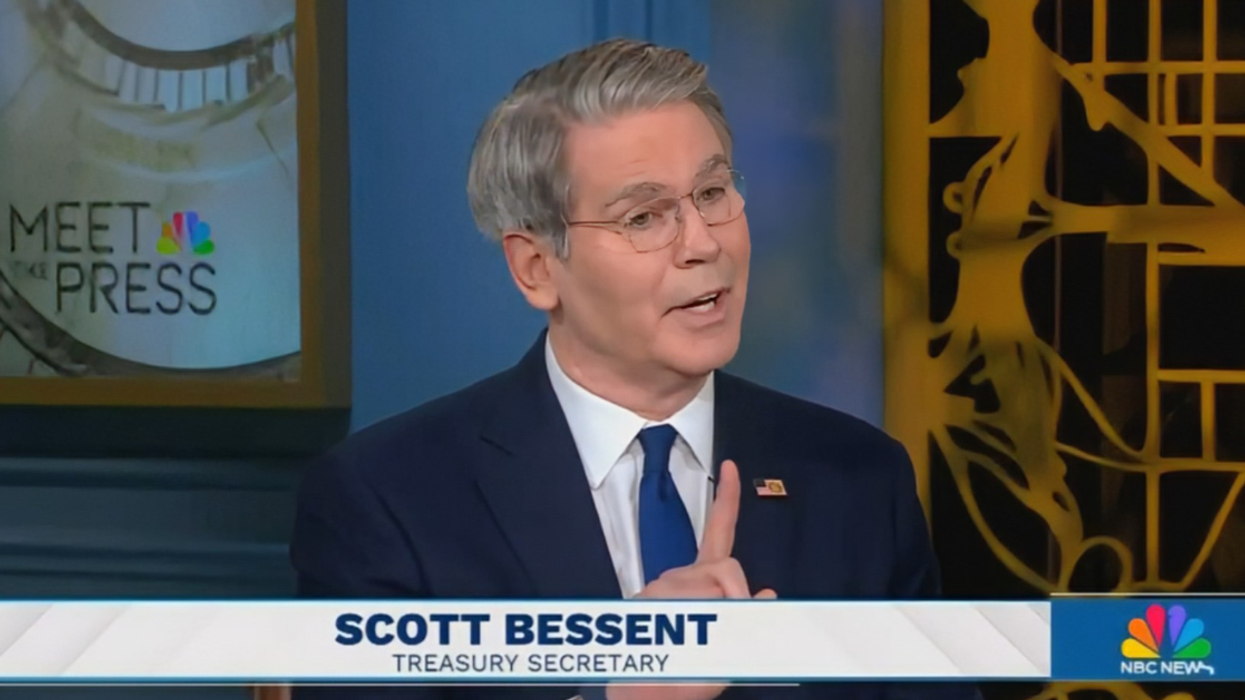
 @RichardLaub4/X
@RichardLaub4/X @RonFilipkowski/X
@RonFilipkowski/X
 @fortunate_fiasco/Instagram
@fortunate_fiasco/Instagram @baadbrad/Instagram
@baadbrad/Instagram @starbaksh/Instagram
@starbaksh/Instagram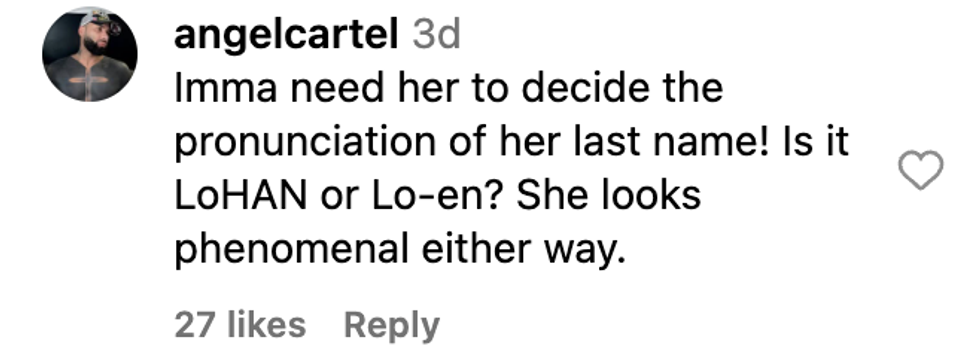 @angelcartel/Instagram
@angelcartel/Instagram @tamoderos/Instagram
@tamoderos/Instagram @rinabekiri/Instagram
@rinabekiri/Instagram @grace.s.hamilton/Instagram
@grace.s.hamilton/Instagram @robbietomkins/Instagram
@robbietomkins/Instagram @mereyahncage/Instagram
@mereyahncage/Instagram @aristochick/Instagram
@aristochick/Instagram @rrmrrmrrmrrmrrm/Instagram
@rrmrrmrrmrrmrrm/Instagram @drewguy88/Instagram
@drewguy88/Instagram @annacollins5172024/Instagram
@annacollins5172024/Instagram @lvndrbeauty/Instagram
@lvndrbeauty/Instagram @dinalohan/Instagram
@dinalohan/Instagram
 @jameelajamil/TikTok
@jameelajamil/TikTok @jameelajamil/TikTok
@jameelajamil/TikTok @jameelajamil/TikTok
@jameelajamil/TikTok @jameelajamil/TikTok
@jameelajamil/TikTok @jameelajamil/TikTok
@jameelajamil/TikTok @jameelajamil/TikTok
@jameelajamil/TikTok @jameelajamil/TikTok
@jameelajamil/TikTok @jameelajamil/TikTok
@jameelajamil/TikTok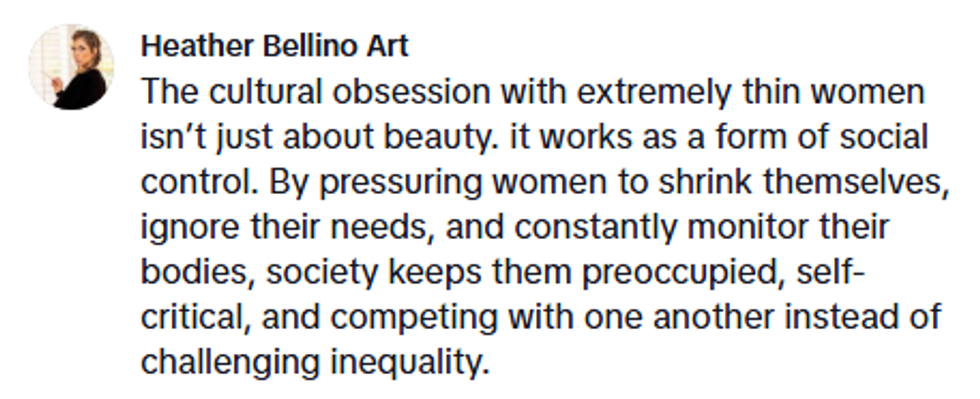 @jameelajamil/TikTok
@jameelajamil/TikTok @jameelajamil/TikTok
@jameelajamil/TikTok